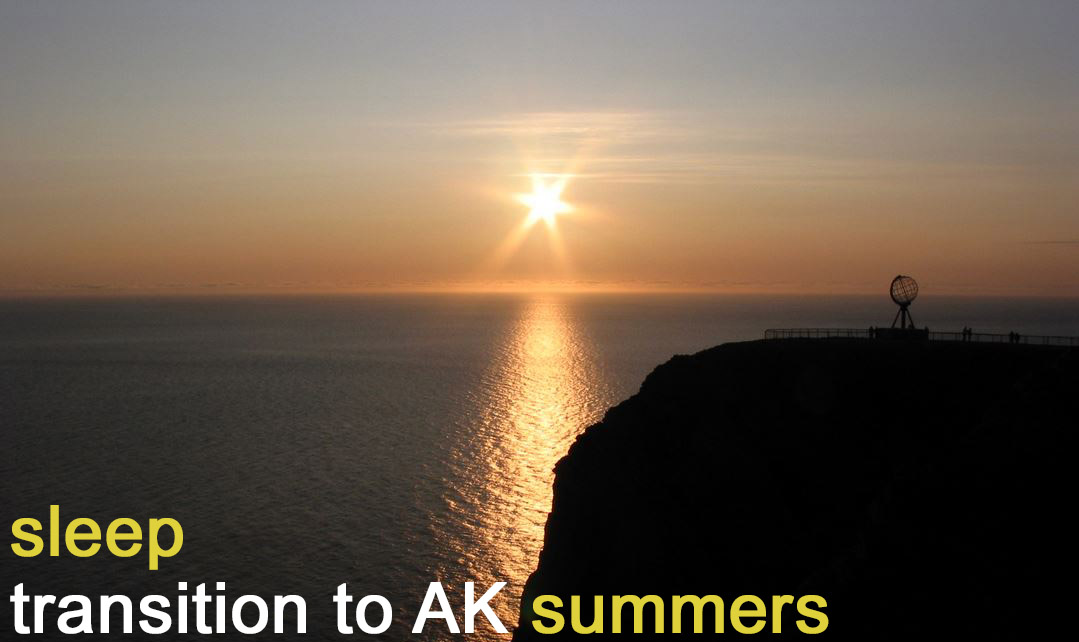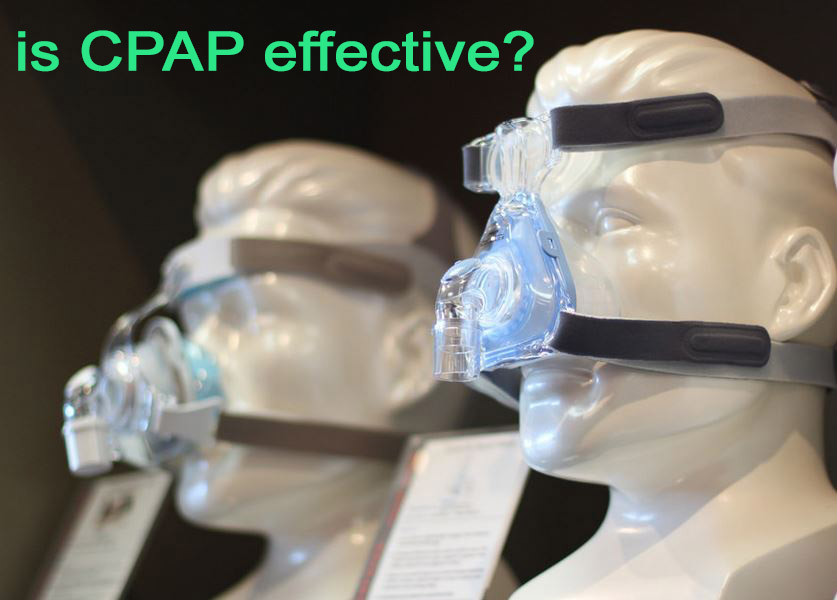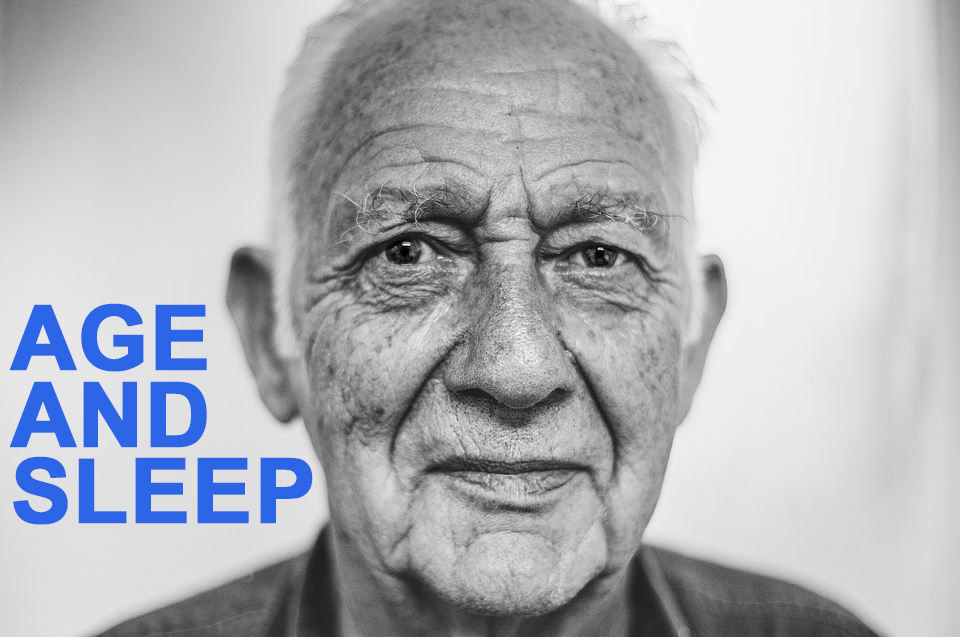Alaska spans over 1,300 miles from north to south, making it a vast state with noticeable variations in summer light transitions. While the southern parts of Alaska experience light transitions that are somewhat uncomfortable but not markedly different from much of the northern part of the contiguous United States, the transition becomes increasingly extreme from Anchorage northward.
The extent to which individuals need to prepare for this transition and its potential impact hinges on three primary factors: their geographical location within the state, their sensitivity to light, and most significantly, the measures they have undertaken to normalize their circadian rhythm during the winter.
Individuals who have diligently pursued any of the following measures may experience a smoother transition:
- Employing light therapy
- Maintaining consistent pre-sleep routines
- Regular physical exercise and adhering to consistent eating and drinking patterns
- Utilizing vitamin D therapy
See: Ways to keep a normal sleep schedule in Alaskan winters




